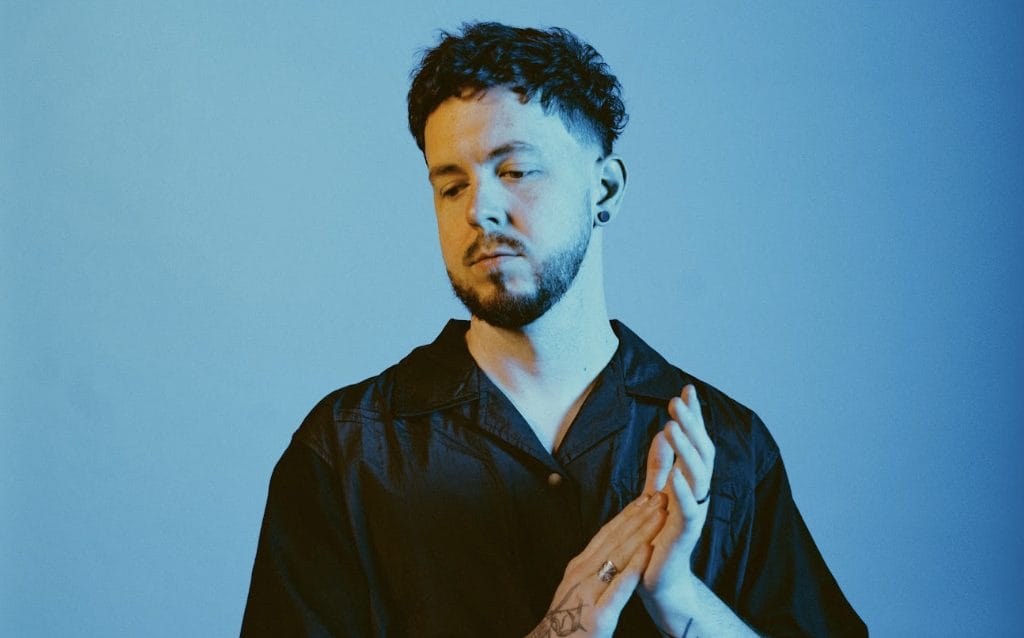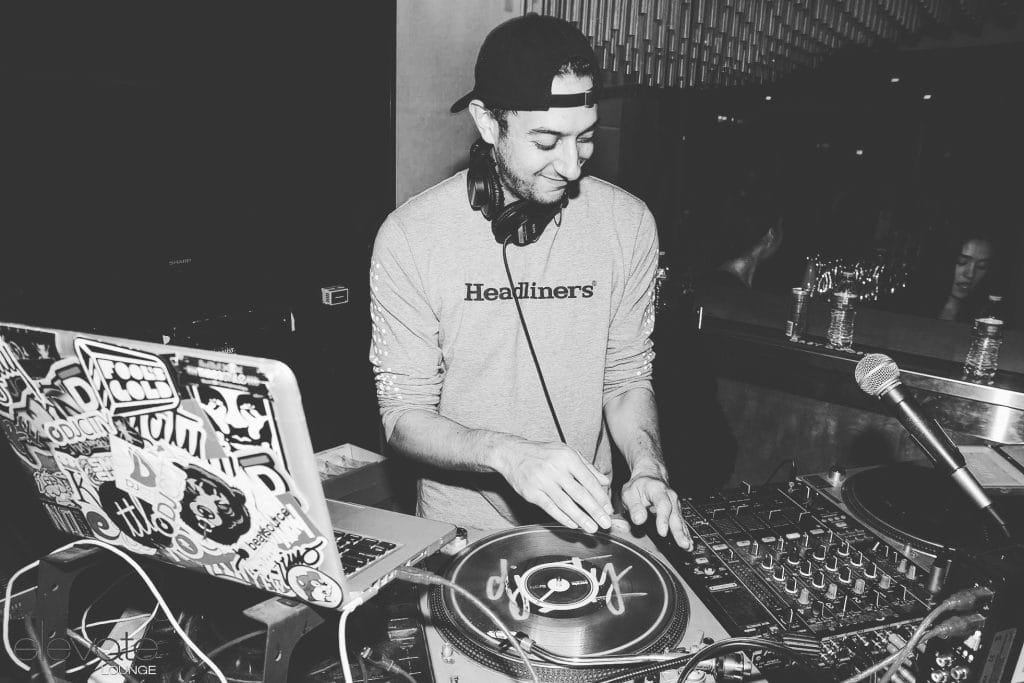Photo Credit: Tessa Paisan
The hype machine moves fast. One day you’re the new name everyone’s talking about; the next you’re yesterday’s headline.
PhaseOne knows that better than most — and he’s not here for the flash-in-the-pan cycle. With Pulse, a past collaboration with Banks Arcade released back in April, he showed exactly what it looks like to stay sharp, stay heavy, and stay evolving after more than a decade in the trenches and the third single from his upcoming album Terranova that dropped last week, DIVIDE, that momentum shows no signs of slowing down.
In this conversation, PhaseOne opens up about the real work behind the scenes: managing short-term frustrations without losing momentum, trusting the long arc of creative growth, and why staying relevant over time is harder — and more meaningful — than blowing up overnight.
You can feel that attitude baked into DIVIDE, a track that smashes industrial metal, bass music, and chaos together without losing its sense of control.
If you’re serious about building a career that survives past the first headline, this is a window into what that kind of commitment looks like — and why loving the process is the only way through.
What helps you stay focused on long-term growth?
Real love for the art is the only thing that resonates with me, because the ups and downs would be awful without the passion for the craft. It’s that deep connection to what I do that keeps me grounded and moving forward, even when progress feels slow or setbacks happen.
I don’t just chase success—I chase growth, refinement, and expression. The process itself, with all its challenges, becomes worth it when you’re doing something that truly feeds your soul.
That love is what keeps me showing up, learning, experimenting, and evolving.
Have you ever made a creative decision that paid off years later?
The one that stands out the most is the decision I made 13 years ago to dedicate my life to tastefully blending Rock and Metal with EDM.
At the time, it wasn’t the most conventional path—it was a bit of a gamble creatively. But I believed in the vision and committed to exploring that fusion with authenticity and intention. Over the years, that choice slowly carved out a space for me in both worlds.
Now, seeing major bands reaching out to collaborate because of that unique sound—it’s surreal. That long game, fueled by passion and persistence, is finally paying off in ways I only dreamed of back then.
How do you manage short-term frustrations without derailing progress?
When I face short-term frustrations, I try to pause and put the situation into perspective. I remind myself of the bigger goal and that setbacks are often just part of the process. I break the problem down into smaller parts to figure out what I can control, then take practical steps to address it.
For example, in a recent project, we hit a delay because of a last-minute change in client requirements. Instead of getting stuck in frustration, I realigned the team’s priorities, communicated openly with stakeholders, and focused on what we could deliver immediately.
That helped us stay on track and kept momentum going. So, for me, it’s about channeling frustration into problem-solving rather than letting it slow me down.
What do you do when it feels like nothing’s “happening” with your music?

I remind myself that growth isn’t always loud or visible.
Sometimes it’s about refining your craft quietly behind the scenes. The best remedy for me is to write new music, but if the motivation or inspiration isn’t there, experimenting with new genres or even just doing sound design sessions rather than songwriting itself can help the creative juices. Momentum isn’t always linear, but staying consistent is key.
How do you remind yourself that this is a long process?
Honestly, I don’t need much reminding—after almost 15 years of doing PhaseOne, the long game is second nature to me. I’ve lived the grind, felt the highs, pushed through the lows, and kept evolving through it all. I’ve learned that there are no real overnight successes—just years of work that finally start to show.
So when things feel slow or uncertain, I remind myself that momentum isn’t always loud. Sometimes it’s quiet, behind the scenes, building up to the next breakthrough.
What keeps me grounded is gratitude. I’m genuinely stoked to still be here, still pushing, still relevant. As they say, “Staying on is just as hard as getting on,” and that couldn’t be more true in this industry. But I see that as part of the artistry—staying inspired, staying consistent, and continuing to grow no matter how long it takes.
What’s the hardest part of committing to the long game?
Going back to that previous quote, it really is just as hard to stay relevant than it is for someone just getting started. In this day and age of consumers, people have what they want, when they want and its created this society that absorb so much content that they’re always looking for the new shiny thing, a new quick obsession to get that serotonin fix.
In the music space that often leads to older artists getting forgotten about as they’re “old news” to them. Sadly the industry is 90% hype and 10% talent. We’ve all seen so many talented artist come and go over the years as trying to stay relevant is a tough game. So the short answer to the question is “staying relevant”.
The post PhaseOne Shares Advice Playing the Long Game and Staying Relevant appeared first on Magnetic Magazine.






